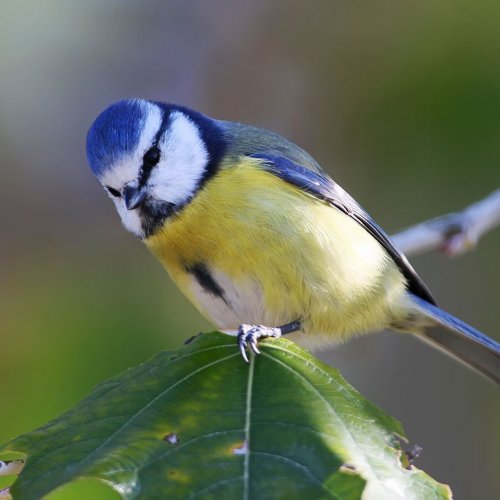Forest Bird Quiz: Guess From a Picture

Free online printable quiz with multiple-choice questions (MCQ) without registration.
Forest birds fill the space with cheerful chirping and make the forest a place where you want to relax and enjoy being at one with nature. They are a part of it, which must be protected from negative human influences. How well do you know our little feathered neighbors on the planet?
The Forest Bird Quiz consists of 20 questions with pictures and hints. Test your knowledge and visual memory!
Test yourself
Found a mistake? Select it and press Ctrl+Enter
For each question choose one of the multiple answers then click done to check your results.
